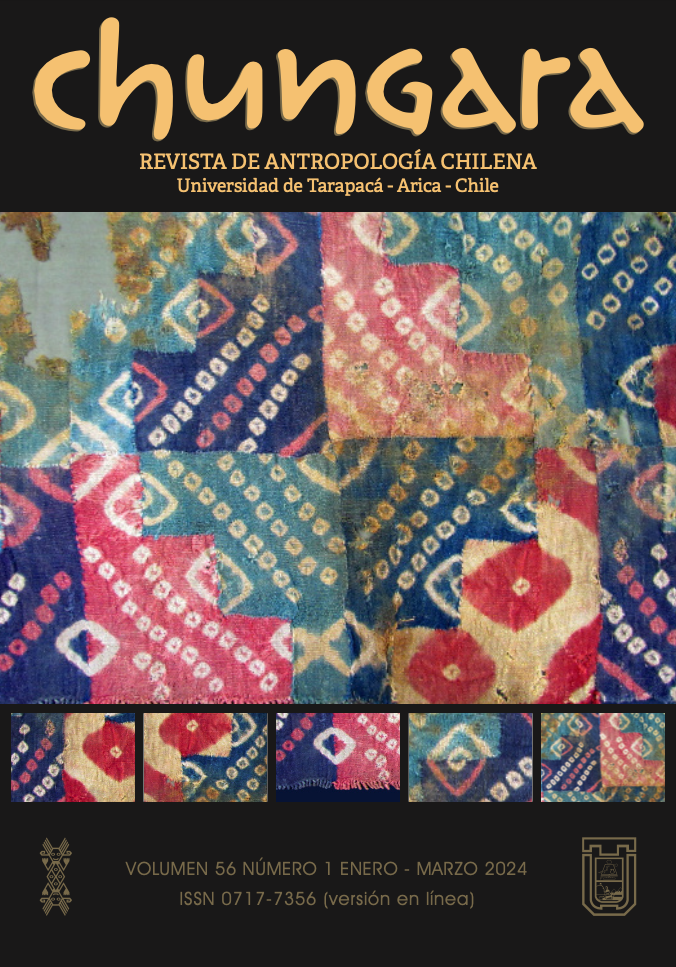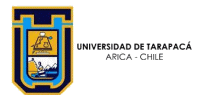ENABLEMENT IN THE ARTISANAL FISHING SPACE IN CHILE. STRUCTURAL PERSISTENCE AND VARIATIONS IN ECONOMIC INTERMEDIATION
LA HABILITACIÓN EN EL ESPACIO PESQUERO-ARTESANAL CHILENO. PERSISTENCIAS Y VARIACIONES ESTRUCTURALES DE LA INTERMEDIACIÓN ECONÓMICA
Gonzalo Saavedra Gallo and Magdalena Navarro Pacheco
This work presents the results of an ethnographic study, supplemented by documentary sources, into enablement processes in coastal economies based largely on artisanal fishing in north-central, southern, and far southern Chile. Defined as the participation of an investor in the artisanal fisherman’s activities by advancing capital for the purchase of consumables and equipment against a share of the proceeds, enablement (habilitación) is considered to be a basic form of structuring; its spatial-temporal expressions are variations of economic intermediation based on indebtedness. Although we have described the clearest and most strongly institutionalized form of enablement on the coast of the far south of Chile, it can also be observed in other latitudes along the coast of the country and in other parts of Latin America. The main historical background of the coastal regions comes from documents and research carried out in the area of Chiloé and Aisén regarding the migrations of sea-lion hunters, lumberjacks, and shellfish collectors to the south of Chile in the 19th and 20th centuries. In these cases, the gangs of workers were issued with consumables for their work and provisions to sustain their families during the season. The ethnographic data include witness reports obtained in Las Guaitecas Islands, Calbuco, Valdivia, and Los Vilos. The analysis reveals the origins of and changes in the enablement model as a persistent expression of economic intermediation in today’s artisanal fishing partnerships.
Tags: Coastal economies, intermediaries, enablement, artisanal fishing, debt







